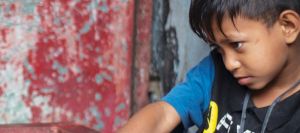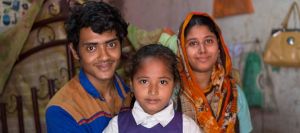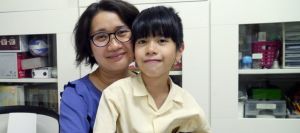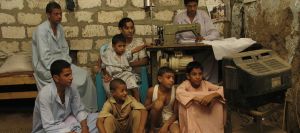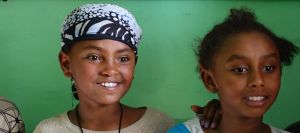
Ethiopian Child Sponsorship Programme – Graduates Passing on the Love
Every year in Ethiopia, there are a few beneficiaries “graduating” from the Child Sponsorship Programme* supported by CEDAR. Generally, beneficiaries are no longer supported by the programme once they reached 18 years old, however, we believe that the criterion to “graduate” from the programme shall not be limited to their age. We, instead, take the holistic development of the beneficiaries into account. For this reason, even as they turn 18 years old, we continue to subsidise them in occupational training for 1 to 3 years in hope of a higher chance for them to be employed with a certain qualification. For those that were admitted to university, our subsidy will apply until the completion of their degrees. From



